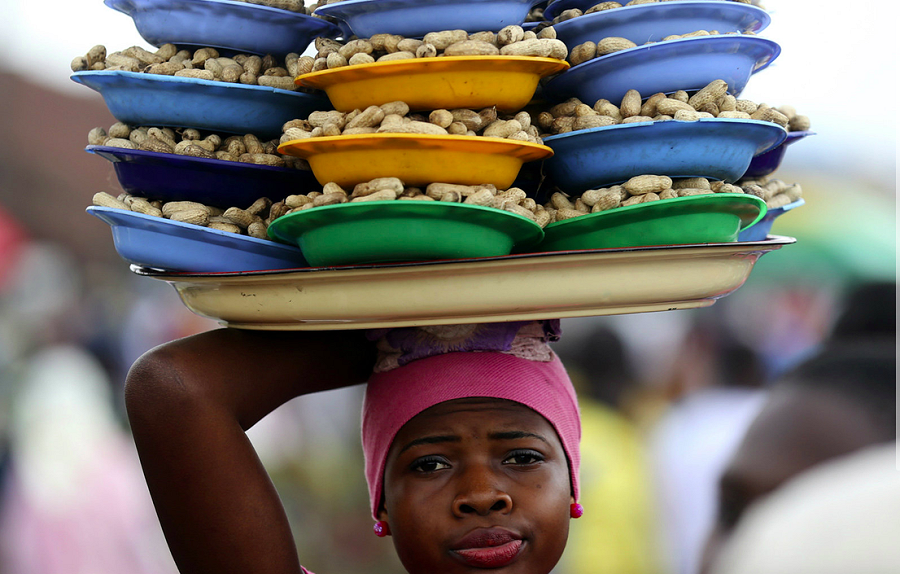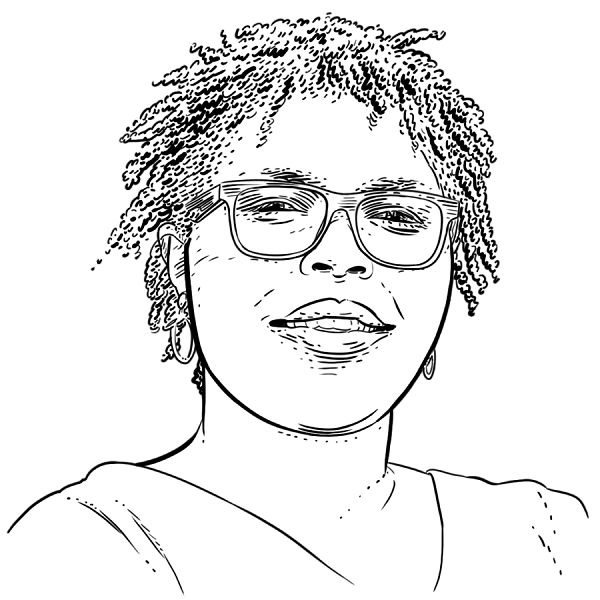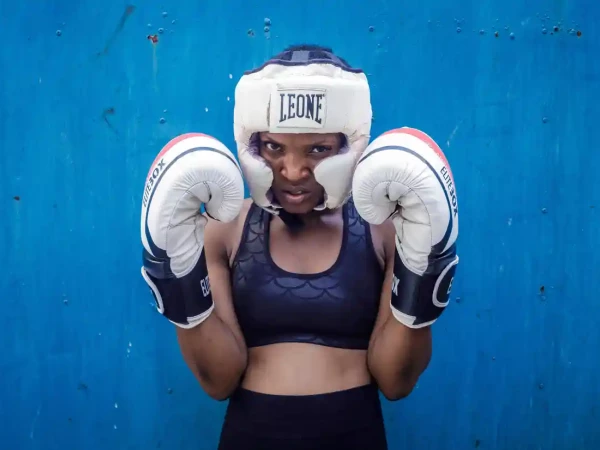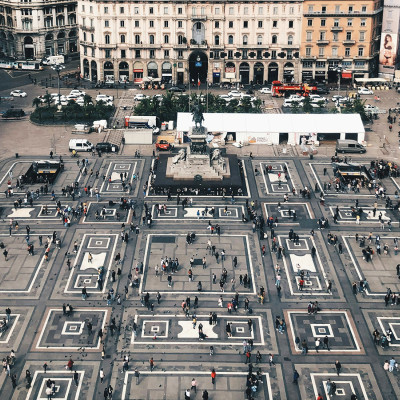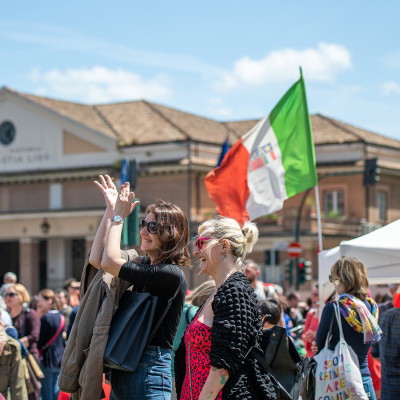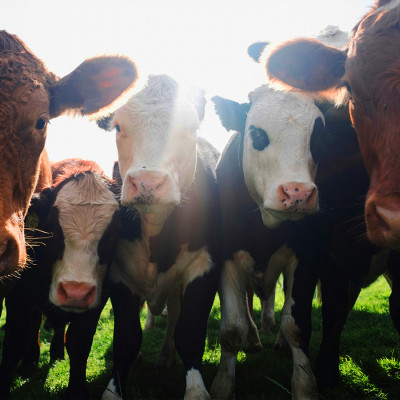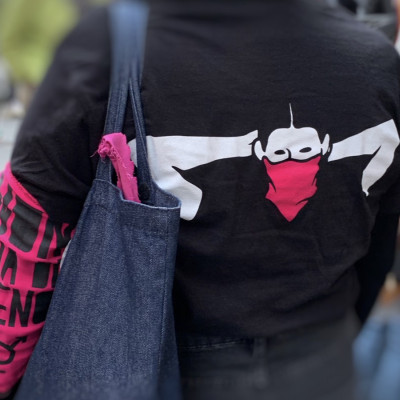Street Hawkers: paying the price for sustainable cities
As a researcher, I enjoy engaging with the grassroots and that means I sometimes spend time in street corners watching how the day goes either for women, children, or the elderly. My curiosity this period had me exploring the concept of sustainable cities and its possibilities in a small city like where I live. I was interested in the street hawkers especially the women and girls who walked for long hours across towns and villages to see their goods on their heads using a flat tray balanced with what we call kata (a cloth rolled like a ball and placed on the head of the hawker before placing the tray, it gives balance to the tray). Street hawking is an informal economic activity and is said to account for about 70% of urban employment in Nigeria and a source of livelihood for many Nigerians unable to secure white-collar jobs.
One calm hot harmattan in a metropolitan city in Nigeria, I took shade in a small shop owned by a woman who made traditional hairstyles and sold thrift clothes. We were discussing about the recent road accidents that happened two days before, when a street hawker was crushed by a public bus and died on the spot. She was crossing the expressway which lacked a pedestrian bridge, she was survived by two toddlers. As we shared opinions on what we thought should be done, Edirin, a young woman in her 20’s was passing by with her tray selling Madiga bread (a local bread product produced from wheat flour consumed by mainly people from the Niger Delta region of Nigeria).
I called her to first get some madiga and ask her a few questions because I knew she wasn’t from the community we were. She explained her itinerary to us, explaining the dangers of the expressway which was a centre point for a few street hawkers. I asked how far as she come to sell her goods, she walks roughly 8-10km everyday to targeted villages where she thinks customers might be. This journey does not include the time spent on the bus and taxi to and from her hometown.
Whilst there are various articles that focus on the deregulation and also entrepreneurial nature of this, street hawkers face potential dangers in their daily activities across Africa, one of which is road traffic accidents. According to the World Health Organisation, 90% of the world’s fatalities on the roads occur in low- and middle - income countries, even though these countries have approximately 54% of the world’s vehicles.
In 2016, the road traffic date rate by region and income level showed Africa with the highest road traffic fatality rate at 26.6 per 100.000 people. The Nigerian Bureau of Statistics reported that Nigeria recorded a total of 3,345 road traffic accidents in the first quarter of 2022. It also showed that male adults accounted for 77.8%, while female adults were 15.2%. For children, the percentage of females that were killed was higher than males. I’d say like a few authors, road traffic injury is a serious public health and development issues in countries like Nigeria.
The United Nation’s Sustainable Development Goal 11 (“to make cities inclusive, safe, resilient and sustainable”) is a goal that I usually bear in mind at all times. Would it be possible in countries like Nigeria? October ends with the world marking World Cities Day and there are activities focused on engaging all stakeholders by drawing attention to growing inequalities and vulnerabilities that cities and human settlements face. This comes under the theme: Mind the Gap. Leave No One and Place Behind.
Cities even small communities play a frontline role in responding to crises and emergencies as well as in planning for inclusive, resilient, and green future. To prepare urban areas like the places I have explored and live in, we need to start wherever we are. We need for local action to deal with bad driving behaviours (over-speeding, danger overtaking, mobile phone use while driving, substance and alcohol influence while driving), bad road networks and unemployment underlying Africa’s high rate of road fatalities.
Speaking with a community development worker, who has worked in the development space for years, he suggested that conversations of inequalities, the silenced experiences of the marginalised like the street hawkers should be pushed forward as people and organisations work to narrow the gap between the urban poor, the rural and urban areas and different neighbourhood within cities.
One way I think we can achieve the goal of sustainable cities and communities is to implement local and global recommendations provided, and not leaving behind anyone or place, including those women and children from the Niger Delta region of Nigeria. It doesn’t matter where you come from or who you are, everyone deserves to be in cities and communities that are sustainable.

